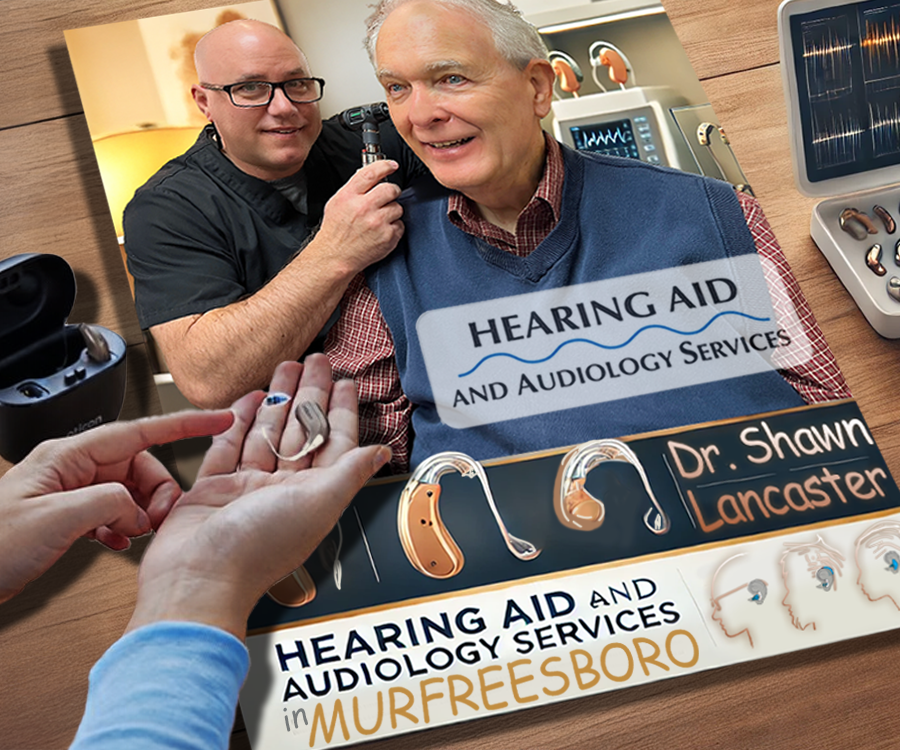Using superheroes as an educational tool, an MTSU honors science class brought STEM Extravaganza to Bellwood Discovery School for the second year.
MTSU Freshman Marilin Kelley explains...
The 14-member Contemporary Issues in Science honors class for non-science majors promoted science and sustainability to 80 Discovery School fifth-graders April 14. STEM is an acronym for science, technology, engineering and mathematics.
Class members formed four groups to showcase specific STEM concepts in a fun, hands-on way. The groups included:
• Batman and friends from Gotham City (liquid nitrogen used to make ice cream).
• The Avengers (ultraviolet radiation).
• The Powder Prism Boys (light and color).
• X-Men, Spider Man and other superheroes with the Science of Polymers (plastics, DNA and protein).
Discovery School student Henry Vance, 10, said the entire session by the MTSU class was "pretty cool."
"I like the liquid nitrogen," he added. "They showed us how to make ice cream. It was amazing. And I liked how they had a superhero theme."
Teacher Lora Taylor loved how all of it was "hands-on and an experience all of my kids can share together."
"Back in the day, you taught skills," Taylor added. "Now, you start with an experience they all share and you know they all have it, and you build on the experience. If you do something (an activity) with them, they all have the same experience."
From the visit, Taylor became reacquainted with former Bellwood student Marilin Kelley, a freshman math major from Murfreesboro.
"We're showing these kids all the different things that makes science amazing in life and they can be science superheroes every day," Kelley said.
Professor and Women in STEM Director Judith Iriarte-Gross said her class members "get to choose their own (superhero) projects. However, the main focus is on a sustainable planet."
"One of my goals is to have our students who are non-science majors be able to understand and communicate science," Iriarte-Gross added. "As an experiential learning project, we worked all semester to develop demonstrations on different scientific concepts that we present to local schools.




